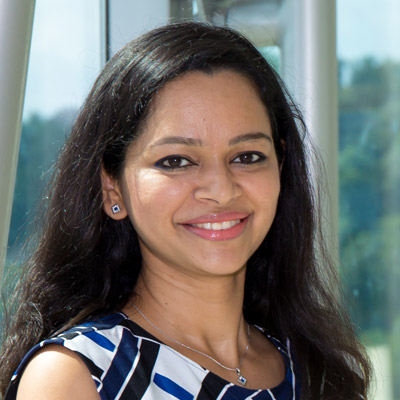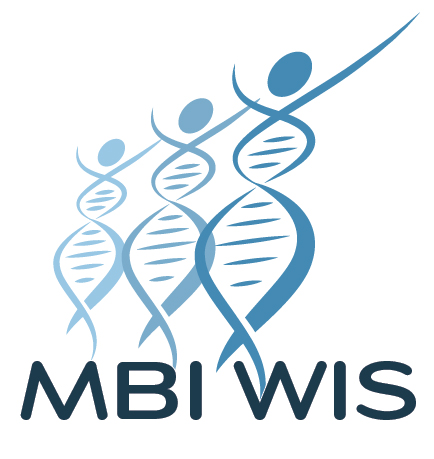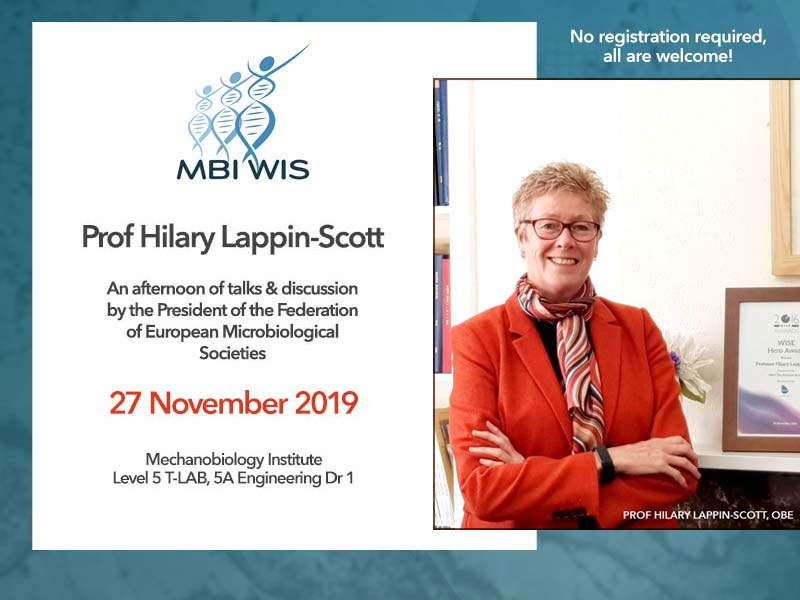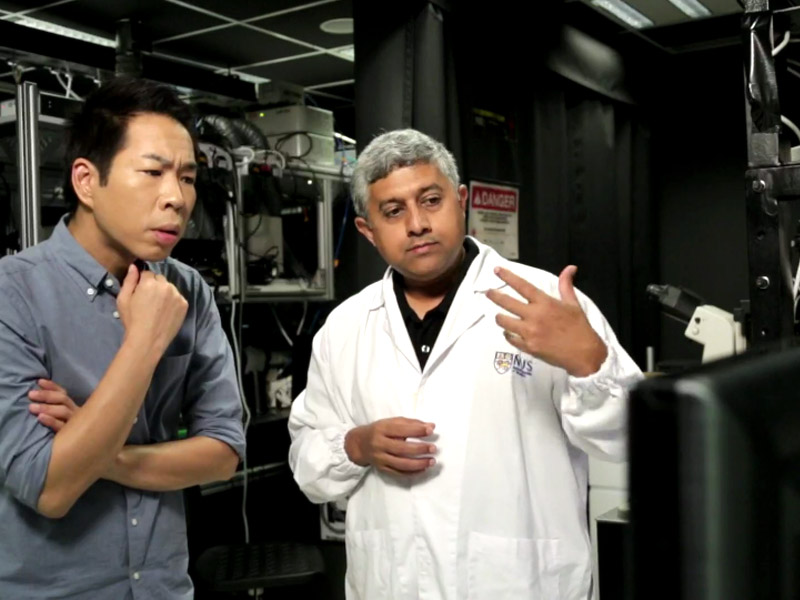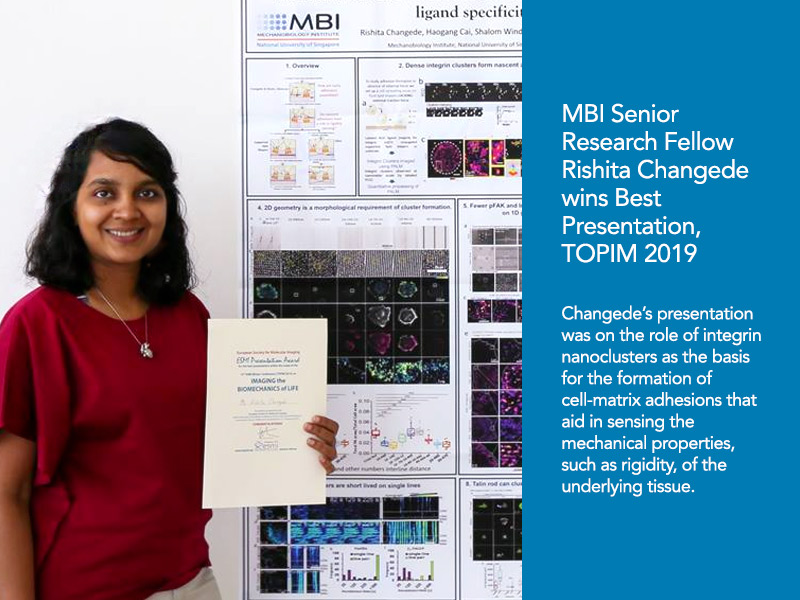Small steps to Big Changes towards Gender Equality in Science
Lakshmi ramachandran, phd | may 2017
This paper was presented on behalf of MBI WIS at Gender Summit 10: Asia-Pacific, held in May 2017 in Tokyo, Japan. The Gender Summit is an international movement to discuss science and gender, started by initiative of the EU Commission to encourage a higher quality of innovation by considering gender differences, discussing better research and developing and utilizing discussion outcomes actively and practically for education, human development, basic research and commercialization.
In the past Gender Summits, there was broad participation from academia, international organizations such as the UN, national governments and industry, which marked a unique feature of this Summit. More information about Gender Summit 10.
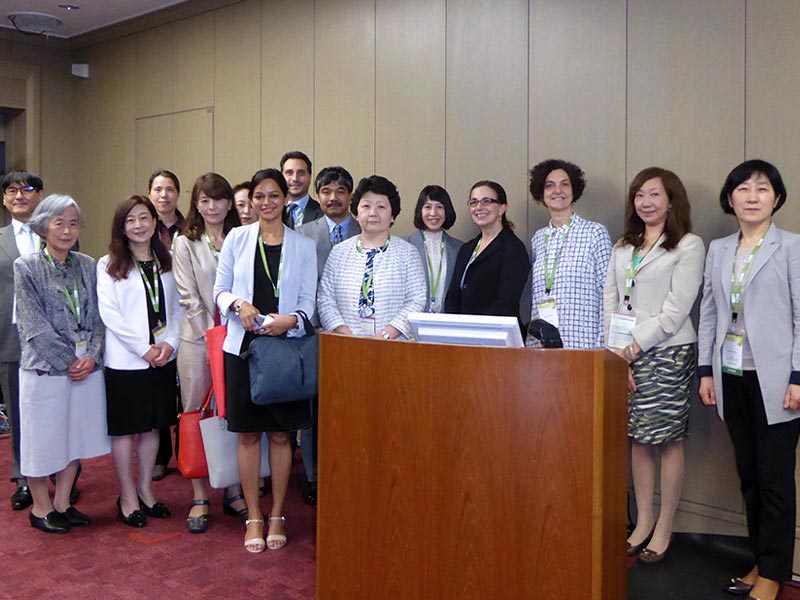
Speakers at Gender Summit 10. MBI WIS editor, Lakshmi Ramachandran is seventh from left.
Gender gaps in Singapore
The small island nation of Singapore has undergone significant development in the past five decades and has proven to be exemplary and foremost in education, employment, healthcare, infrastructure, safety, and in its clean and green policies. Therefore, it is quite surprising that Singapore lags behind in gender equality, as is shown by its rank of 54 amongst 144 countries in the Global Gender Gap report published by the World Economic Forum (WEF) in 2016 (1).
Although Singapore has been successful in the empowerment of women in education and reproductive health (2), statistics reveal an underrepresentation of Singaporean women in leadership and managerial roles, including company boards (3) and the cabinet (4). Additionally, those women who do make it to the top levels face a significant gender pay gap, as revealed by a study published by the NUS business school in March 2017 (5). This study brings to light a whopping 43.2% gender pay gap on Singapore boards. Unfortunately a gender pay gap of at least 10% exists across most jobs and various professional levels in Singapore (6). This fact, together with the underrepresentation of women at senior levels, combined with a drop in the number of professional women owing to childcare, further contributes to the lesser retirement savings of Singaporean women (7).
Gender gaps in STEM fields in Singapore
The STEM fields are no exception to the aforesaid gender gaps in Singapore. For instance, an analysis of the NRF fellowship awardees (8) reveals a strikingly lower number of female NRF fellows vs. male each year since the NRF fellowship program started in 2008 (Figure 1). NRF fellowship is a grant for early career researchers to carry out independent research in Singapore. To date, only 22% of NRF fellowships have been awarded to females.
Likewise, although the number of women and men entering PhD programs and postdoctoral research are comparable within research institutions in Singapore, there is a significant drop in the number of women researchers at the level of Principal Investigator (PI) and senior University administration. For instance, at the Mechanobiology Institute (MBI), NUS, although the numbers of women researchers at the lower levels of the academic career path are higher compared to men, the number becomes skewed towards men at the higher levels (Figure 2). This is consistent with a global trend revealed by the UNESCO institute of statistics (9).
Furthermore, a survey of MBI researchers revealed that although most people are aware of the gender gap problem, many of those surveyed did not think that this problem needs to be solved.
The factors affecting the recruiting and retaining of women in science in Singapore
The factors affecting the recruiting and retaining of women in science in Singapore are primarily the same as those identified globally. Unconscious bias against women, which results from a lack of awareness of existing gender bias coupled with stereotypes/beliefs of men being better at a given role or field of study, is a major factor that contributes to the recruitment of fewer women scientists at senior levels. This is augmented by fewer women applying for PI/leadership levels, owing to motherhood choices and concerns over work-life balance. Applications from women scientists for PI positions are also limited by the lack of self-belief and self-confidence that most often stems from a woman having to prove competence/commitment over and over again, especially post motherhood. This trend has also begun to influence the career choices made by young girls.
MBI-WIS initiatives towards gender quality in science
As gender quality and diversity is not just a social responsibility, but also an intellectual and economic necessity, it is imperative to take steps to address gender gap issues.
The women-in-science initiative of the Mechanobiology Institute, (MBI-WIS), is a noteworthy example of how small steps can make a significant impact in addressing the science gender gap. MBI-WIS is led by Professor Linda Kenney and consists of a team of dedicated women at MBI, including faculty, post-doctoral fellows, graduate students and staff.
MBI-WIS aims to tackle the prevailing unconscious gender bias by creating awareness of existing gender gap issues in science, while encouraging both men and women in science to make conscious efforts to retain/increase women in science. MBI-WIS efforts have yielded a directive that at least 30% speakers must be women in all recent MBI and MBI sponsored conferences and now mandate that future meetings will continue at this level.
MBI-WIS regularly hosts career talks for junior scientists, which provide both awareness/information on various science careers or the science career path, as well as inspiration from real-life examples of successful people, especially women role models in science. MBI-WIS also hosts workshops that focus on the over-all growth, productivity and well-being of researchers, like developing good soft skills. All of these activities of MBI-WIS are designed to be gender neutral, impacting a larger community of researchers with a positive outcome.
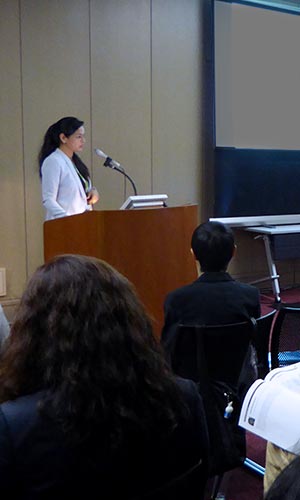
Lakshmi Ramachandran, Science Editor, MBI Sci Coms
Within a short time frame since its inception, MBI-WIS has emerged as the most active committee at MBI, one that successfully launched a national level annual biology symposium called BIOS. The first of the BIOS series, BIOS2015, was a free symposium that was held at MBI in October 2015. It brought together close to one hundred scientists from various research institutes in Singapore. BIOS2015 was unique in many ways. It provided opportunities for women in science across Singapore and mainly MBI to organize, chair sessions, present research work, participate and network, irrespective of their research area or position (student, post-doc, and faculty). MBI-WIS will soon be hosting BIOS2017 on September 15th 2017.
MBI-WIS is also involved in various institute level outreach activities and has hosted the UN Women Singapore committee’s “Girlstopioneer” scheme that is committed to encourage more girls to enter STEM. Providing young girls with an exposure to research environments through field trips/ internships may encourage them to pursue a scientific career.
Last but not the least, research institutes/organizations/companies can increase women in the workforce by providing adequate child care support such as child care centers, nursing rooms and flexible work hours. For instance, the provision of a dedicated nursing room at MBI has yielded positive results in women researchers coming back to work post motherhood. Women staff members at MBI can exercise options of flexible working hours and work-from-home schemes. Furthermore, MBI practices zero discrimination against expectant/new mothers in recruitment as the only criteria for appointment are qualifications and relevant work experience.
References
- http://reports.weforum.org/global-gender-gap-report-2016/performance-by-region-and-country/
- http://www.straitstimes.com/singapore/singapore-is-top-asian-nation-for-gender-equality-un-report In the 2014 Human Development report by the UN, Singapore was ranked 13th out of 155 countries, thus becoming the top Asian country for gender equality (1). Singapore’s top ranking in this report was attributed to the empowerment of women in education with a significant increase in the number of women with at least secondary education in 2014 (71%). Other categories considered in this gender equality ranking were, a) reproductive health (maternal mortality and teenage pregnancy), b) empowerment (parliamentary seats, education), and c) labour participation rates. Mrs. Laura Hwang, Singapore’s representative for women’s rights to the Asean Commission, stated that this translates to Singaporean women being better equipped for employment in higher wage earning capacity.
- http://www.channelnewsasia.com/news/business/low-representation-of-women-on-boards-in-singapore-survey-8265558
- http://www.todayonline.com/voices/womens-representation-politics-here-still-lacking
- https://bschool.nus.edu.sg/news-hub/press-release/news/3380
- http://www.unwomen-nc.org.sg/news_details.acvx?id=810
- http://www.todayonline.com/world/asia/how-money-smart-singapore-woman
- https://www.nrf.gov.sg/docs/default-source/default-document-library/nrf-website-(nrf-fellows-portfolio)_updated-apr-2017.pdf
- http://www.uis.unesco.org/_LAYOUTS/UNESCO/women-in-science/index.html#!lang=EN
- http://www.diversityaction.sg/wp-content/uploads/2017/04/20170404-DAC-News-Rel-Singapores-Diversity-Action-Committee-sets-higher-targets-for-womens-representation-on-boards.pdf






